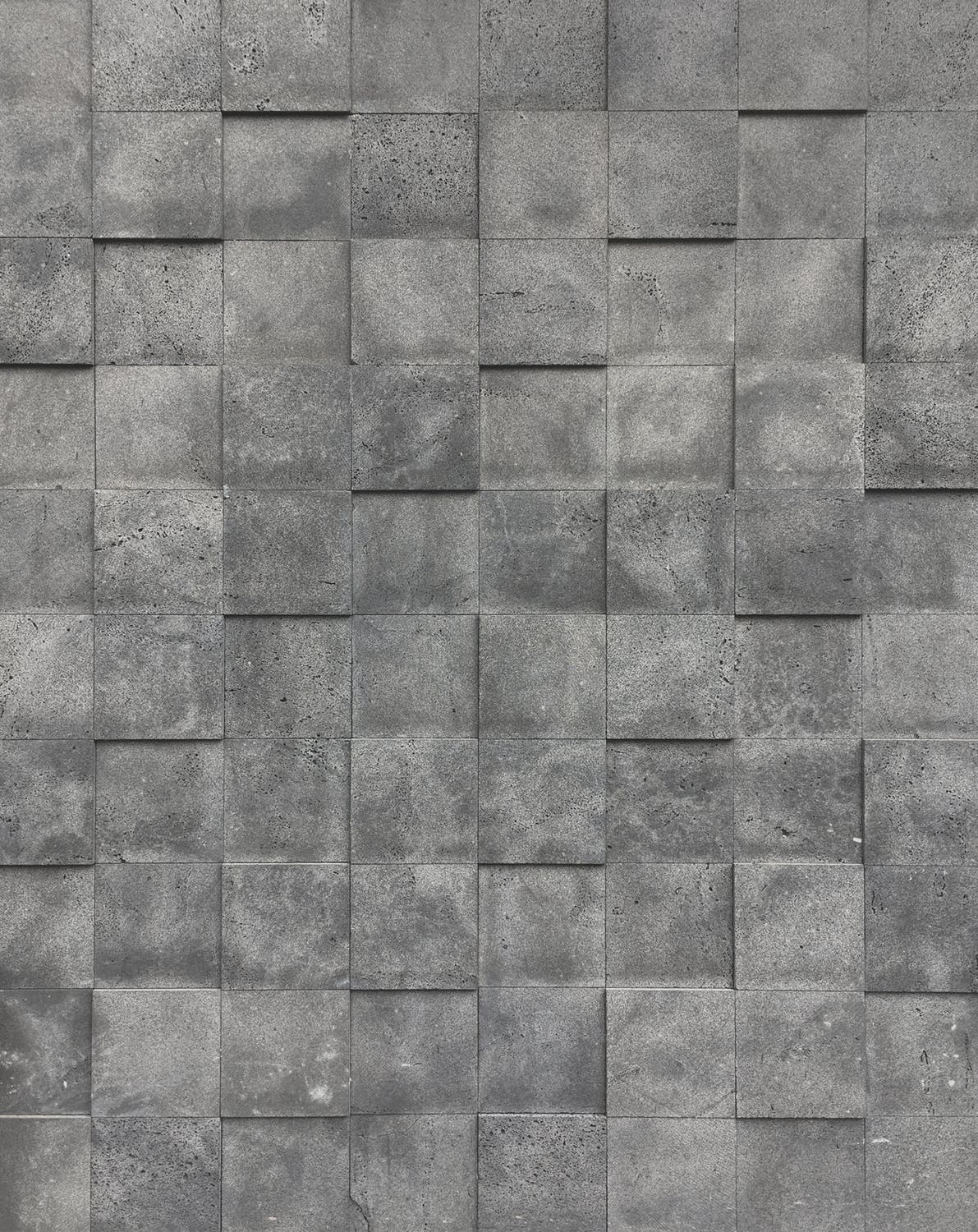Bricks and concrete pavers are both desirable in their own way, but the extent of their use depends on the needs of the project. Clay bricks are eco-friendly, and its longevity make it more fetching than concrete, but it also costs more than its concrete and gravel alternative.
Choosing between the two materials is not as simple as choosing between style and function. It is also important to consider what layout pattern will go best with the paver’s surrounding area. Both brick and concrete pavers are available in a variety of shapes and colors. The effectiveness of each depends on the area and the project they’ll be used for. For example, the design and style of concrete pavers make it a perfect fit for outdoor residential settings. It is much more malleable than its name suggests and is capable of unique designs compared to the quadrilateral bricks.
However, there are also numerous patterns for brick users to use, ranging from the tried and tested grid pattern to more intricate ones like basket weaves and mosaic.
It should also be noted that while bricks are more expensive, it is lacking in terms of durability. Concrete tends to handle stress far better than its clay counterpart, and its anti-moisture properties give it persistence against harsher climates.
As a design factor, pavers are often underestimated. It is not as eye-catching as floor tiles and its often faded colors give it a less than desirable reputation. It is still, however, an essential design element for curbs and patios. Outdoor kitchens would arguably look better with distinctive pavers than any other material. If you have to choose between concrete and brick pavers, do not focus on the price too much. Instead, decide on how the project area can look its best.
![]()








